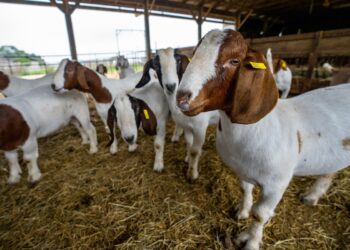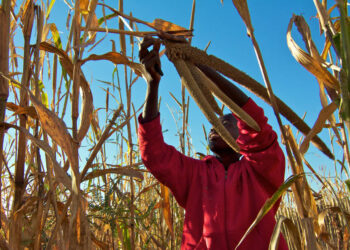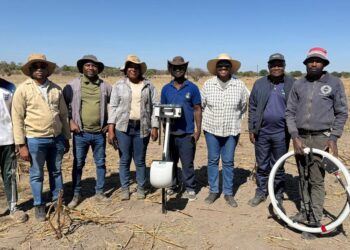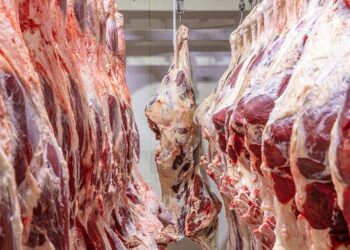
Minister of Agriculture, Water and Land Reform Calle Schlettwein says the European Union’s Deforestation Regulation (EUDR) is set to impose stringent restrictions on Namibian beef exports by 2025.
The EUDR came into effect in June 2023. Under the new rules, commodities placed on or exported to the EU market must be certified as deforestation-free, meaning they cannot originate from land deforested or degraded after 31 December 2020.
The regulation will directly impact Namibian beef producers, as cattle products from areas that do not comply with these deforestation criteria will no longer be authorised for sale in the EU.
“Namibia is one of the very few African countries with beef that enjoys the international lucrative markets, including the European Union. This is made possible by various interventions and disease control measures that we have in place. However, our export destinations like the European Union, have introduced what they term EU Deforestation Regulation,†Schlettwein said.
He further explained that operators placing relevant products on or exporting them from the EU market will need to submit a due diligence statement electronically to competent authorities.
This statement must confirm that due diligence was performed and no or only negligible risk was found.
He further said that although the producer country regulates the specific harvesting and production requirements of these commodities, the EUDR mandates compliance with laws in producing countries, including regulations on land tenure, environmental protections, human rights, labor conditions, trade, and anti-corruption measures.
“Capturing relevant source-level data on the social such as farm wages and the environmental impact of raw material sourcing, such as farmer wages, and maintaining that data throughout the product’s chain of custody will be necessary to secure EU market access,†he said.
Schlettwein also said that compliance will require data integrity and interoperability with various supply chain systems.
The traceability system must integrate with suppliers’ data and avoid duplicate entries, ensuring consistency and maintaining certifications like those from the Rainforest Alliance or Global Roundtable for Sustainable Beef.
Moreover, operators will be legally responsible for verifying geolocation and legality information and must provide data-backed evidence about the land where the commodities originated.
For larger farms, digital polygons will be used to track land plots. Finally, he highlighted that tracking the product’s journey from origin will create a digitised audit trail of its environmental impact.
“For farms larger than 4 hectares, digital polygons (i.e., a series of GPS coordinates that show where commodities are grown. However, a single GPS coordinate is sufficient for the plots of land to be linked to the asset’s transaction history at the source, and their final product is compliant,†he said
The EU is one of the key export markets for Namibian beef.










